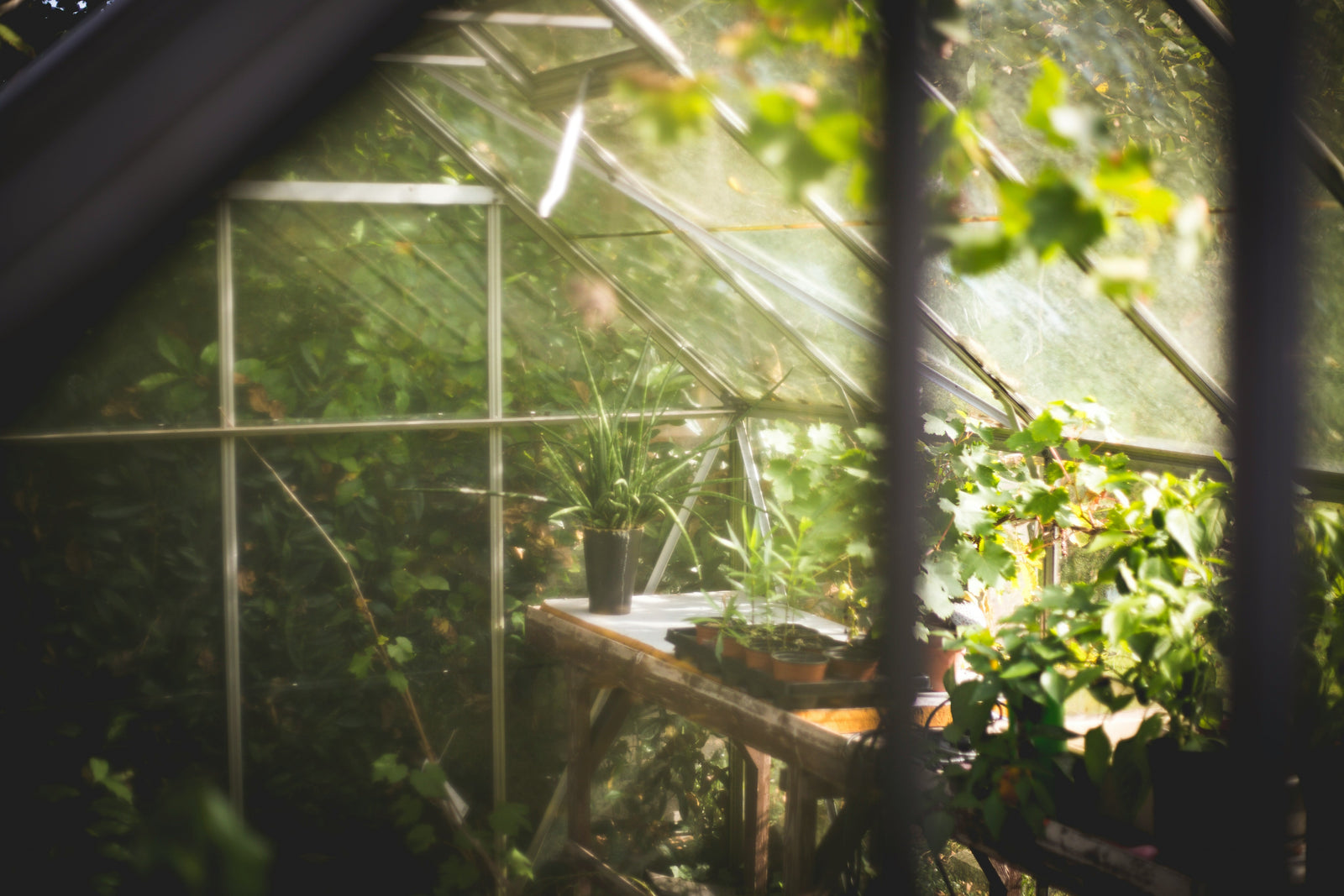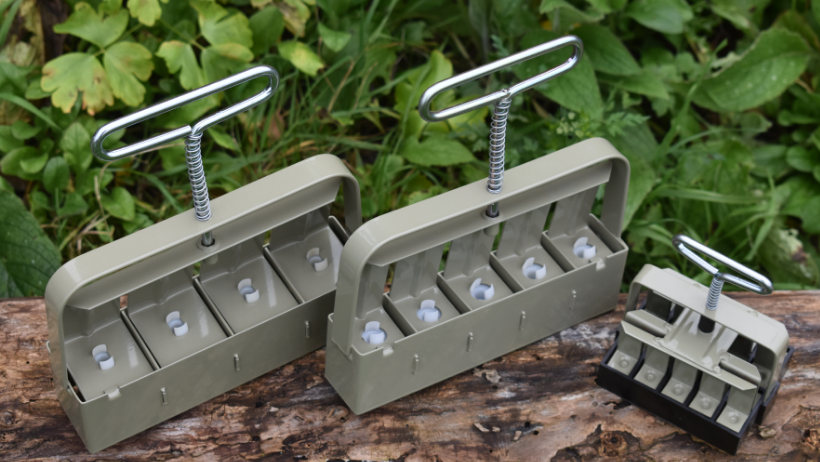LET'S TALK ABOUT ROOT SHOCK, AND HOW SOIL BLOCKERS CAN HELP
May 26, 2021

Root shock, to most, may seem like one of gardening’s inevitabilities. In fact, we know many gardeners account for plant loss through root shock when sewing their seeds, to ensure that they still have a high quality and quantity yield. Yet even though we are prepared for it, it is still upsetting to watch your newly transplanted seedling struggle, wilt and die before your very eyes, when you have dedicated so much time to nurturing and tending to its every need.
Traditional transplanting methods have been used for years, with each delicate root system being painstakingly pricked out, causing inevitable damage to the seedling, before it can be transferred to its new environment. But what if there was a simpler option to this somewhat mammoth task? A tool designed specifically to eliminate root shock? That is exactly what Soil Blockers were invented for.
What is root shock?
Root shock occurs when a plant is extracted from one location and transplanted into another. During this process, sometimes irreparable damage is caused to the plant and its fragile root system, resulting in plant death.
The root system of a plant is both intricate and delicate in its design, with the thickest roots being found closest to the centre of the root ball, and the thinnest extending to the outermost reaches of the root system. Often, when a plant is extracted, the weight of the soil snaps and tears these tiny, hair-like roots, leaving only the thickest roots to sustain the plant in its new environment. Whilst the assumption may be that these thicker roots will ensure that your seedling acclimates to its new environment, it is in fact these much finer and more fragile roots that provide your seedling with the majority of the water and nutrients that it requires to survive. The inevitable damage caused to these delicate roots during the transplanting process, result in a plant that is much more likely to fail in its new environment. At best, resulting in the wilting or loss of leaves, and at worst, the death of the seedling altogether.
Not only does transplanting by hand bring with it the risk of plant death, but it is also a time consuming and meticulous task that, although enjoyed by some, is often a time of uncertainty and concern for gardeners and the survival of their plants.
How to avoid root shock
Avoiding root shock during transplantation, using traditional methods, is almost impossible, so instead it is better to strive to reduce its impact. There are a few steps that you can take to help improve the survival rates of your seedlings, such as:
- Taking extra time and care when extracting your seedling’s roots, remembering that those furthest from the root ball are the most delicate and integral to the survival of your plant
- Handling your seedling with care, ensuring that no damage is caused to the plant’s leaves or stem during transit
- Trying to mimic some environmental elements, such as light exposure and soil type – mixing in some of the leftover soil from where your plant has been extracted from can help to reduce the levels of shock as similar nutrients are available
Whilst these are all great options to help reduce root shock, resulting in a better yield, there is a way to avoid it altogether – Soil Blocking.
The Soil Blocker
Designed to simplify the transplanting process of seedlings, Soil Blockers are innovative and simple gardening tools that create perfect cubes of soil with indentations ready for your seeds to be sown directly into, eliminating the need for endless plastic pots in the process.

Once your seed has become a seedling, you simply create new soil blocks with indentations that the original block can be dropped directly into. This process completely eliminates the need for pricking out and extraction of your seedling from its original environment, instead it remains in its original soil block where the roots naturally air prune, ready to be inserted directly into larger soil blocks until it is ready to be planted in your garden bed or grow bag.
 Soil Blockers provide the perfect transplanting process, eliminating root shock and revolutionising a once time-consuming task. You can shop the full range of Soil Blockers in the Garden Shop, and find a useful tutorial on our homepage – if you’re new to Soil Blockers we recommend purchasing one of our pre-made kits.
Soil Blockers provide the perfect transplanting process, eliminating root shock and revolutionising a once time-consuming task. You can shop the full range of Soil Blockers in the Garden Shop, and find a useful tutorial on our homepage – if you’re new to Soil Blockers we recommend purchasing one of our pre-made kits.
Also in News

Prepping Your Greenhouse and Garden for the Growing Season: March Tips and Tricks
March 13, 2025
As the days begin to lengthen and the first hints of spring emerge, March is the perfect time to prepare your greenhouse and garden for the growing season ahead. With the right tools and techniques, you can ensure your plants have the best possible start.

HOW TO SAVE YOUR PUMPKIN SEEDS
October 27, 2022

WHAT ARE SOIL BLOCKERS?
June 08, 2022
News & Updates
Sign up to get the latest on sales, new releases and more…
Useful Links
© 2025 Ladbrooke Soil Blockers. All rights reserved.

